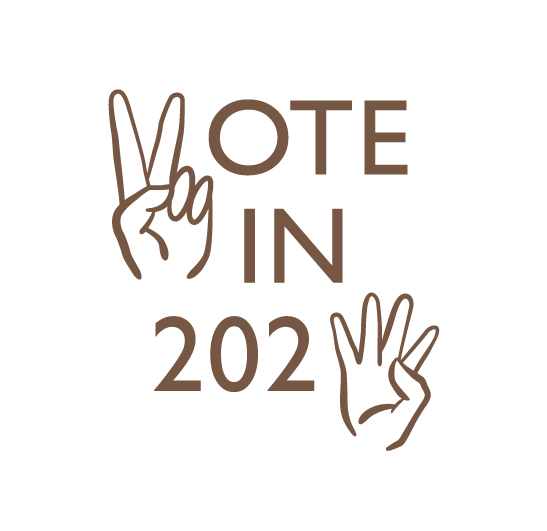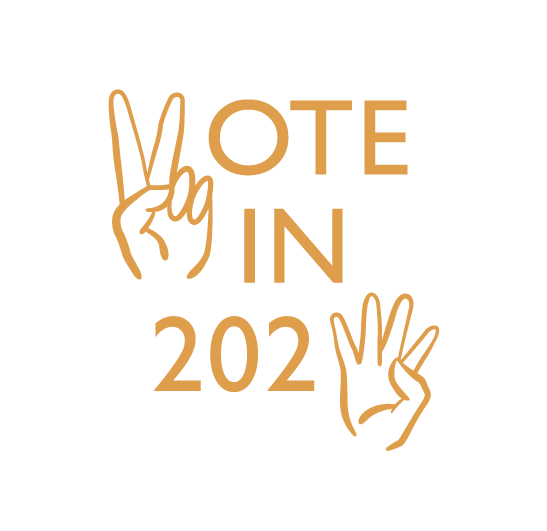The European Parliament's (EP) Role and Powers
What is the EP's Role and What Powers Does it Have?
The EP has considerable powers to shape and influence legislative proposals and to monitor the implementation of EU policies.
Together with the representatives of EU Member State governments in the Council, the EP is responsible for adopting EU legislation. Both institutions are equal co-legislators in the areas of asylum and migration. However, unlike national parliaments, which have the power to initiate legislation, the EP can only amend legislative proposals that have been presented to it by the European Commission (EC).
Since the entry into force of the Lisbon Treaty, the EP has shared the power to decide on the entire annual EU budget with the Council of the EU, and it has the final say. It also has the power to approve the long-term EU Multiannual Financial Framework, which is agreed by the European Council (heads of EU states and governments). The EP also ensures that the EC and other institutions implement the budget properly.
The EP has a range of supervisory and control powers. These enable it to exercise oversight over other EU institutions, to monitor the proper use of the EU budget and to ensure the correct execution of EU law.

